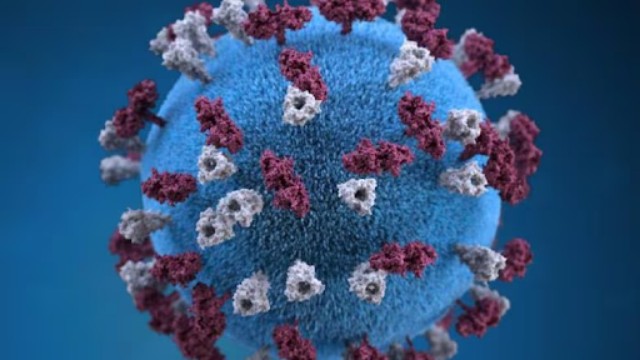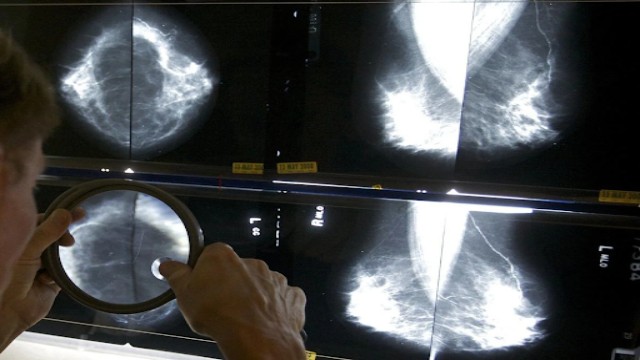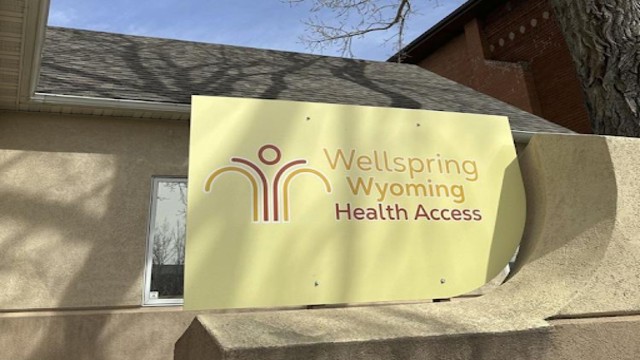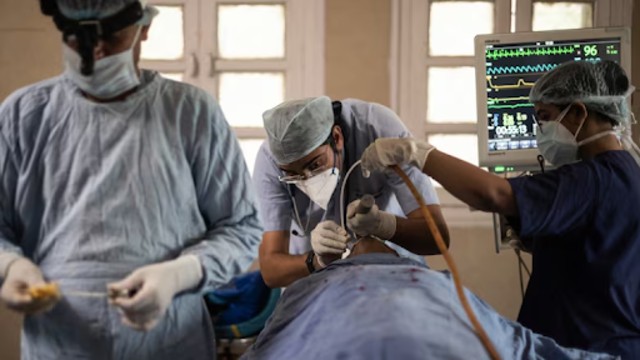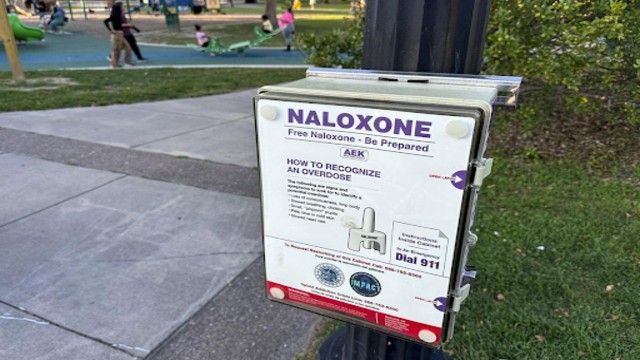
PHOTO CHARLES WILLIAM PELLETIER, SPECIAL COLLABORATION
In the past six years, the distribution of free naloxone kits in Quebec has skyrocketed from 6,000 to more than 78,000 doses. This surge reflects a growing awareness of the importance of naloxone in combating opioid overdoses. However, despite its increasing availability, the opioid crisis remains a pressing concern, with more than 500 deaths reported in Quebec over the past year.
One individual who has experienced the lifesaving impact of naloxone firsthand is a man known as Kawich, who shared his story of survival. He recounted facing multiple respiratory arrests following fentanyl overdoses, narrowly escaping death each time thanks to naloxone administered by friends and social workers. Kawich's experience underscores the critical role naloxone plays in reversing opioid overdoses and saving lives.
Naloxone, commonly referred to as an opioid antidote, is capable of temporarily reversing the effects of opioid overdose, including those caused by fentanyl, heroin, morphine, and codeine. Since 2017, naloxone kits containing the antidote have been distributed free of charge in pharmacies across Quebec, as well as in certain health establishments and community organizations.
The increasing popularity of naloxone reflects a growing recognition of its importance in addressing the opioid crisis. Alexandre Berthelot, director of community services at Cactus Montreal, emphasized the necessity of naloxone for individuals seeking to protect themselves and their loved ones from opioid-related harm. He highlighted the significant role naloxone plays in preventing overdose deaths and emphasized the importance of widespread access to the antidote.
Emergency medical services have also seen a rise in the administration of naloxone in response to opioid overdoses. Jean-Pierre Rouleau, a spokesperson for Urgences-santé, noted that it is increasingly common for patients to have already received naloxone by the time paramedics arrive on the scene. This underscores the widespread availability and utilization of naloxone kits across Quebec.
Despite the increasing availability of naloxone, the opioid crisis continues to claim lives at an alarming rate. Kawich expressed his dismay at the loss of numerous friends to overdoses, describing the past year as particularly devastating. Alexandre Berthelot echoed this sentiment, highlighting the persistent challenges posed by the opioid crisis despite efforts to expand access to naloxone.
Opioids pose a significant risk of respiratory depression, which can lead to respiratory arrest and, ultimately, cardiac arrest. Kawich recounted his experience of saving a friend's life after administering naloxone during a fentanyl overdose. He emphasized the critical importance of timely intervention and access to naloxone in preventing overdose deaths.
Naloxone kits typically contain the antidote in either injectable vials or nasal spray formulations. Kawich explained his approach to administering naloxone, starting with intramuscular injections and transitioning to nasal spray if necessary. He highlighted the potency of intranasal naloxone and its ability to quickly reverse opioid overdose symptoms.
In conclusion, the widespread distribution of naloxone kits in Quebec represents a significant step in addressing the opioid crisis. However, despite the increasing availability of naloxone, the crisis persists, underscoring the need for comprehensive strategies to prevent overdose deaths and support individuals struggling with opioid addiction.


